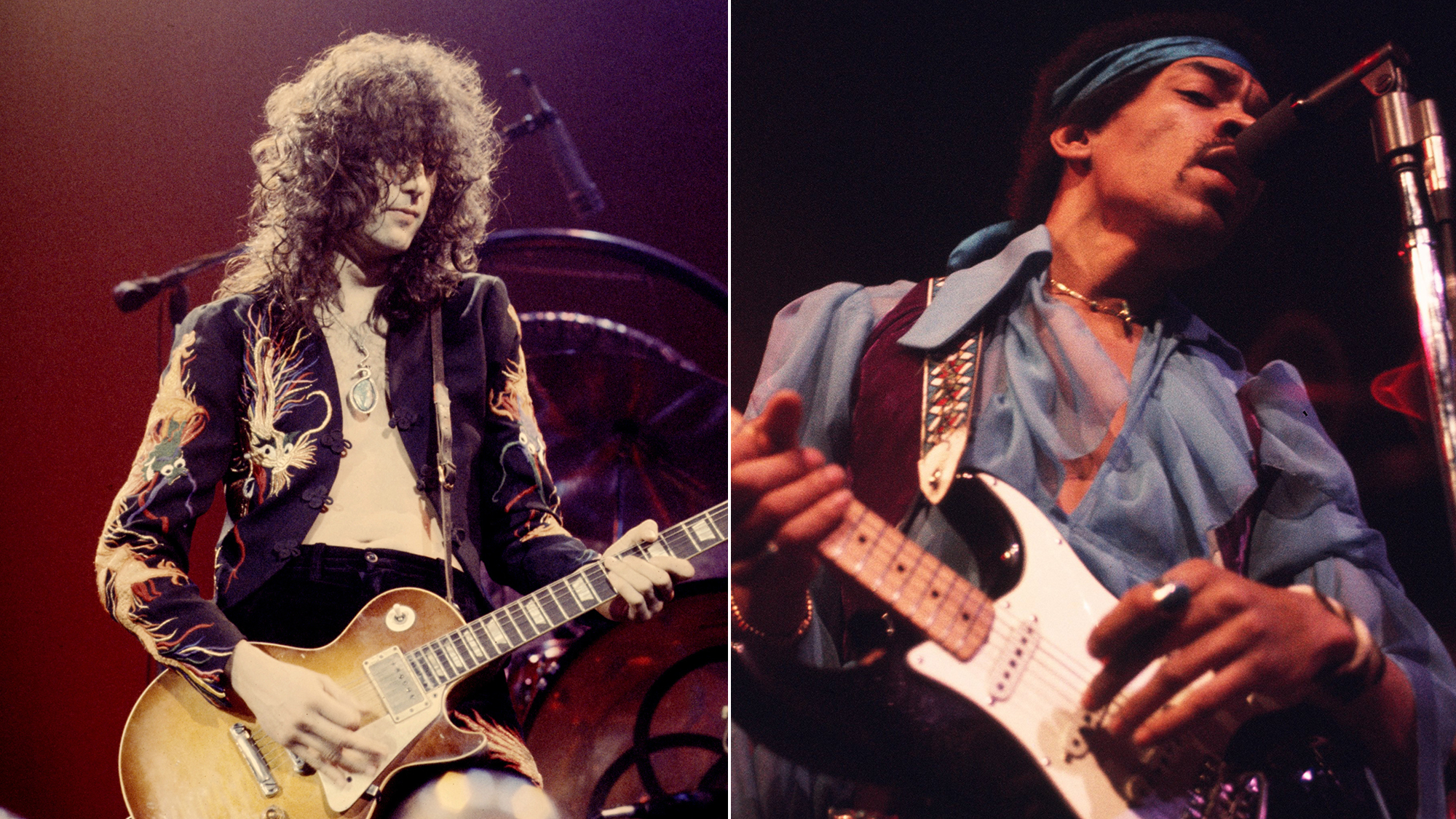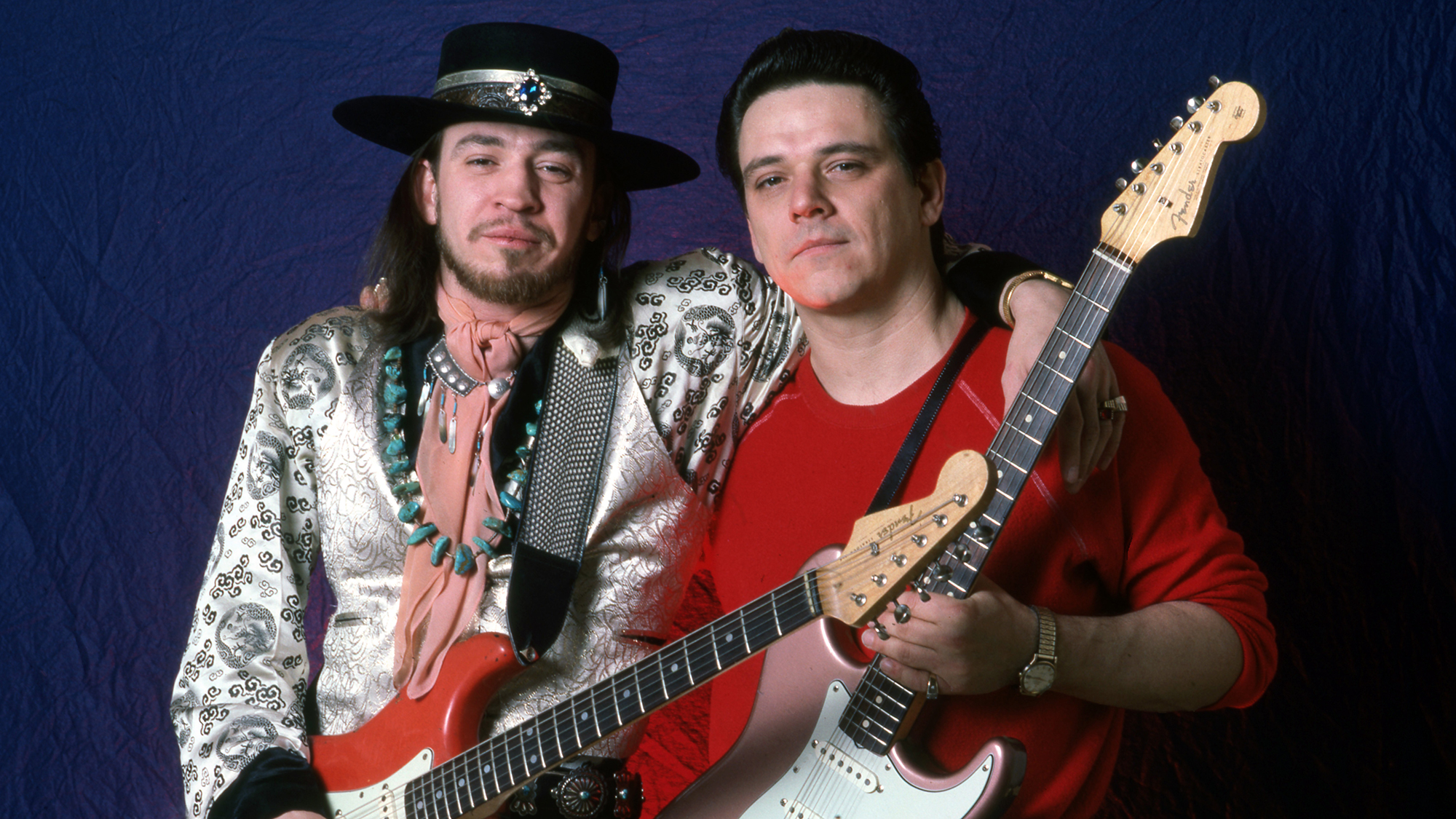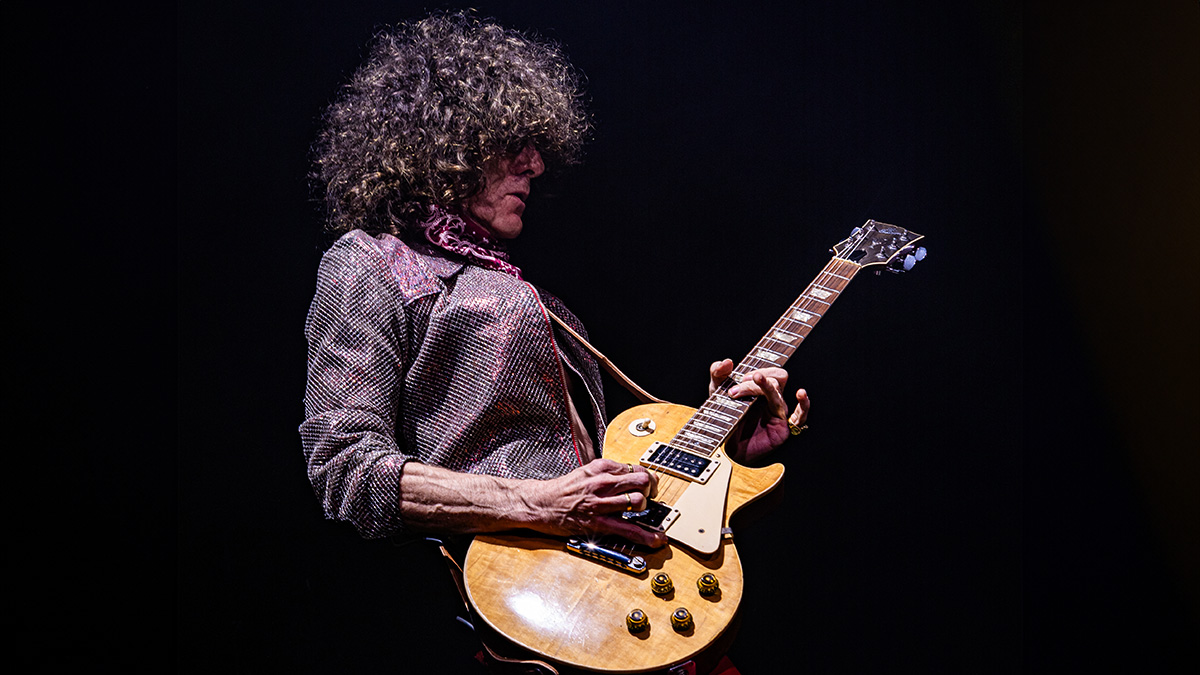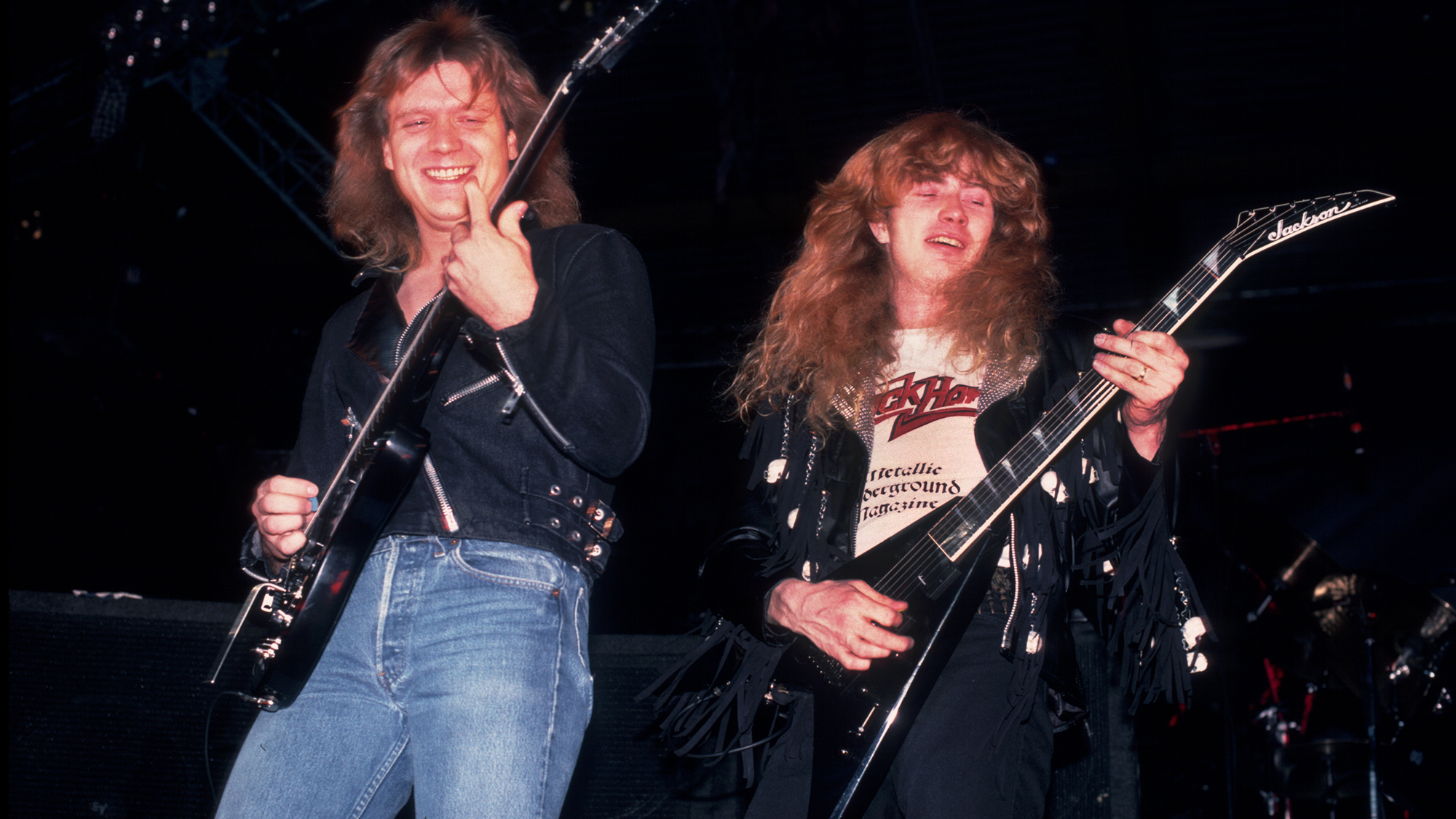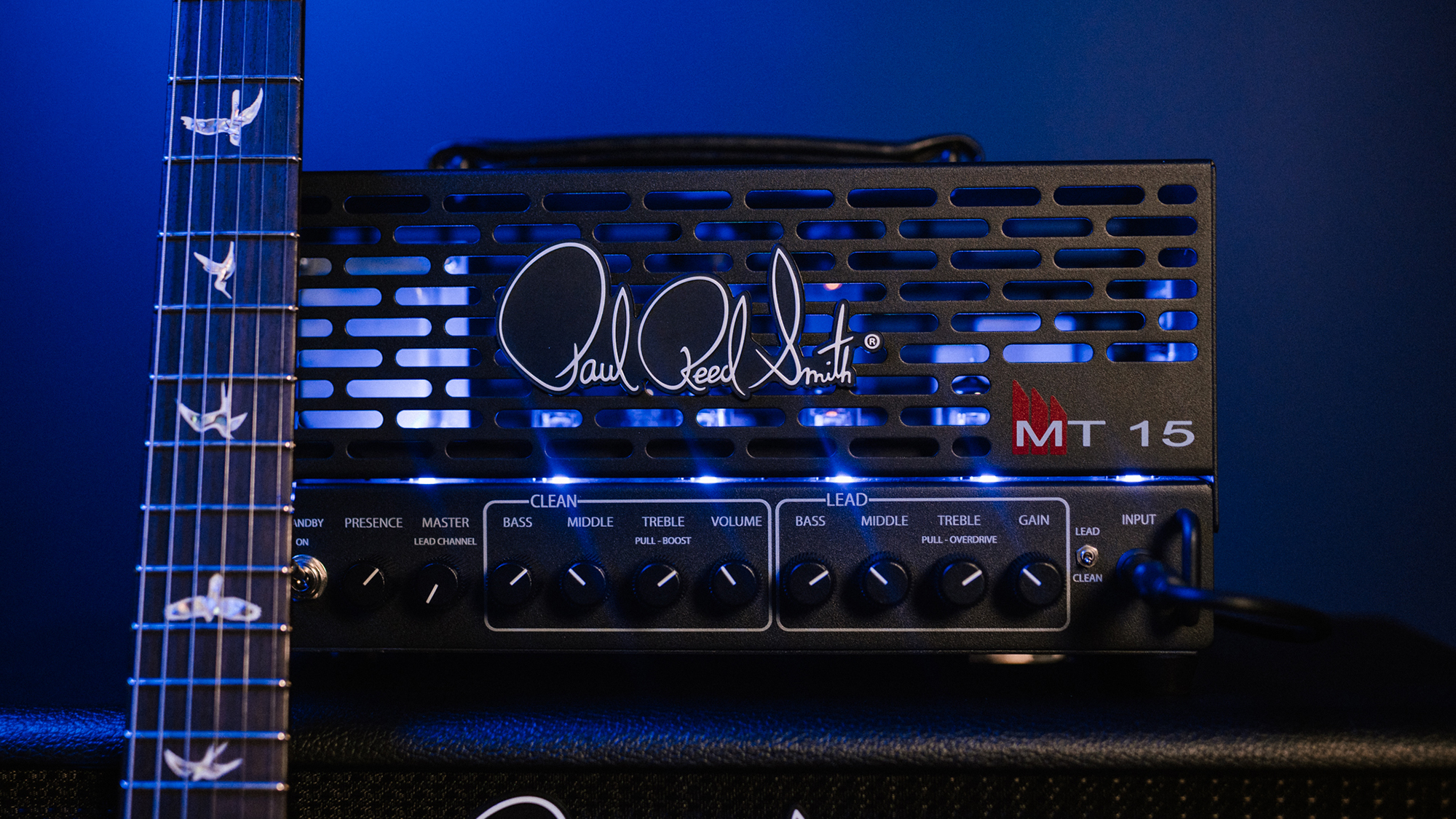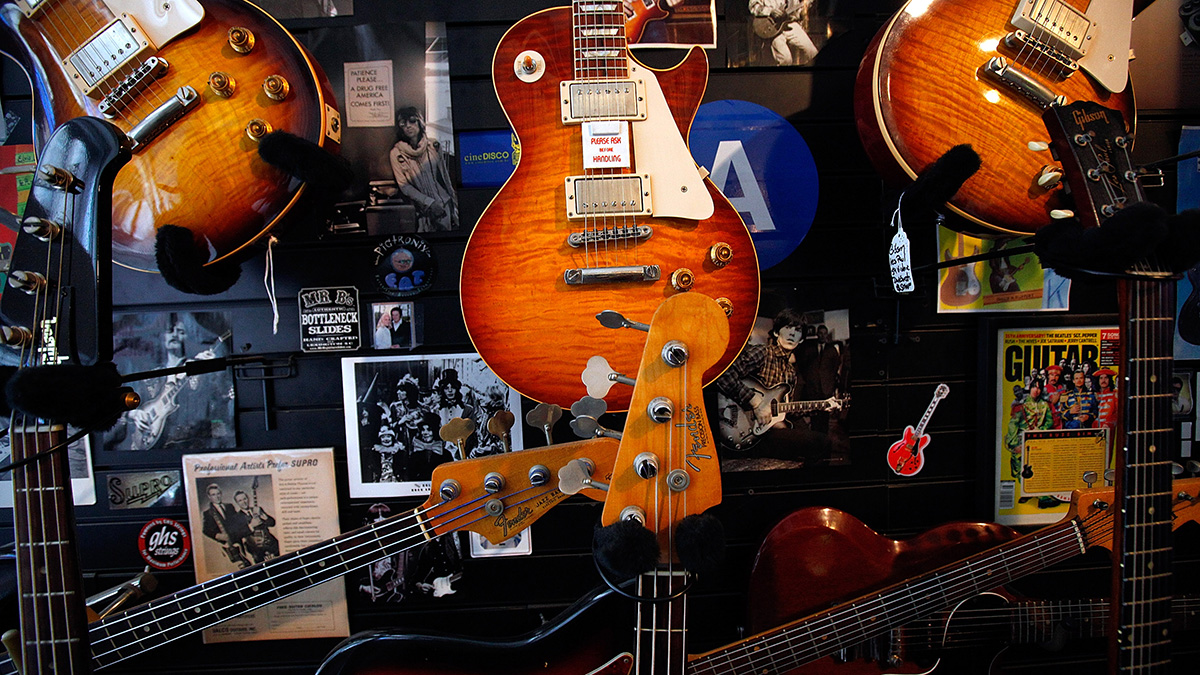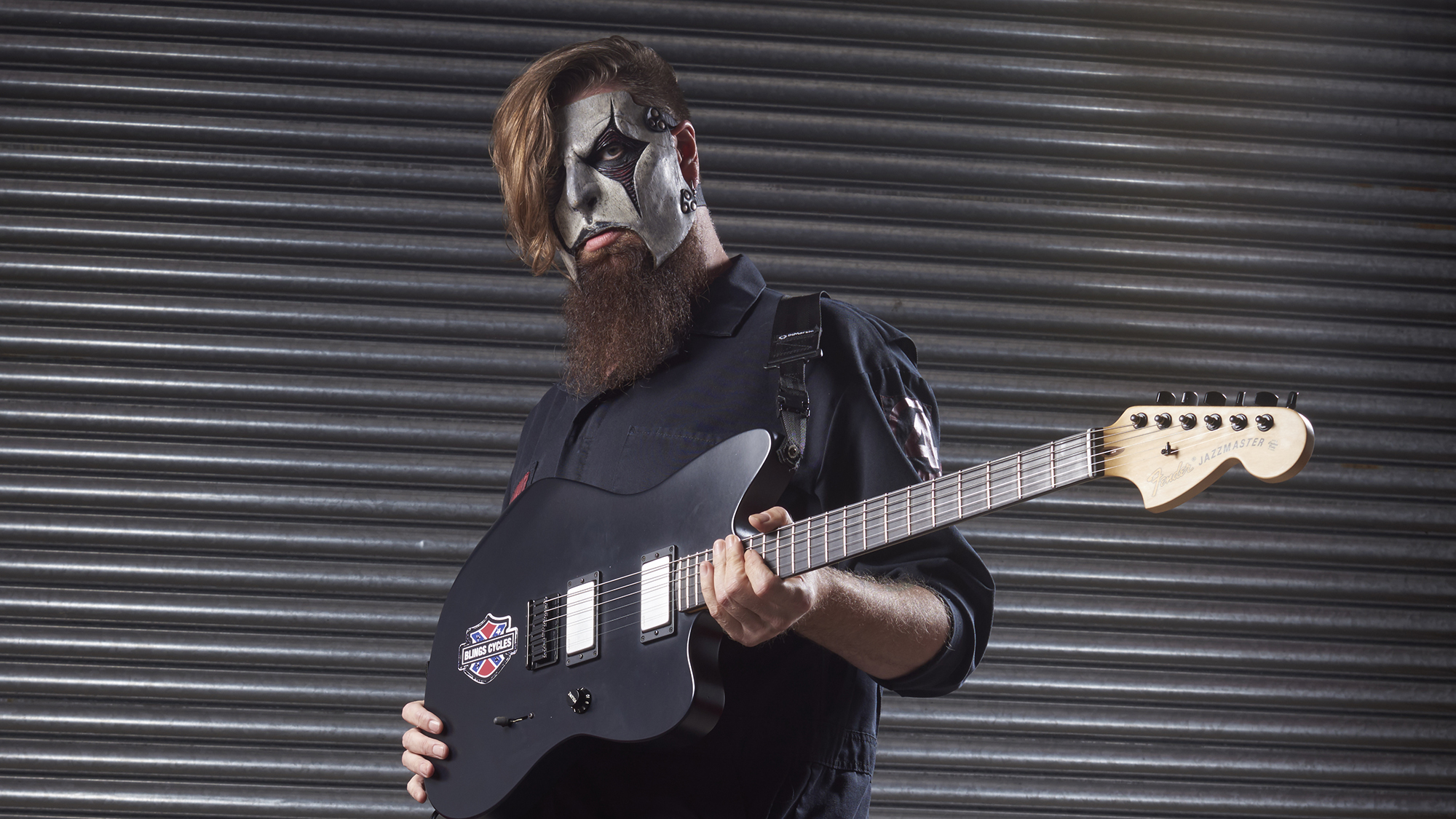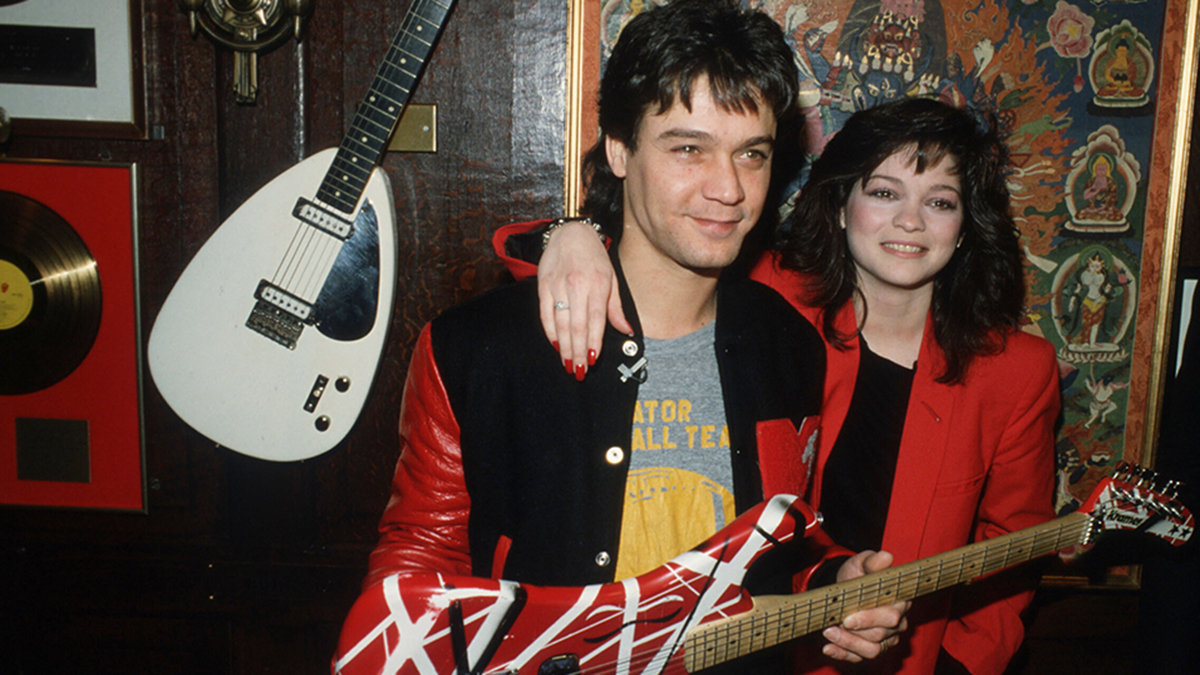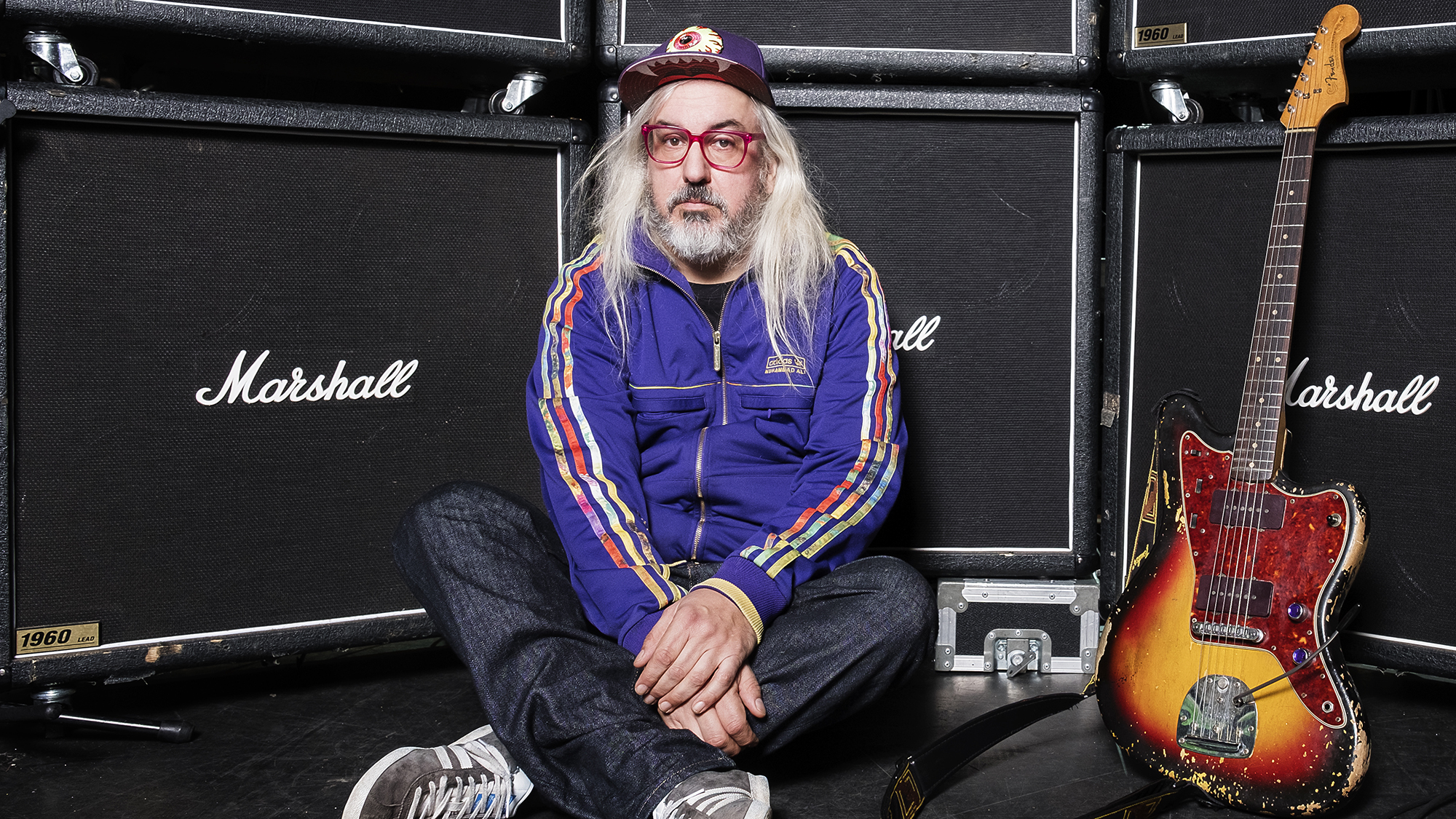“Ozzy had been fired from Black Sabbath. People warned me against working with him because he didn’t have the best reputation”: Ozzy Osbourne bassist Bob Daisley on why he decided to bet on the Prince of Darkness’ post-Sabbath career
Daisley had just been unceremoniously replaced in Ritchie Blackmore’s band, Rainbow, when the opportunity to join Osbourne in his new venture came about
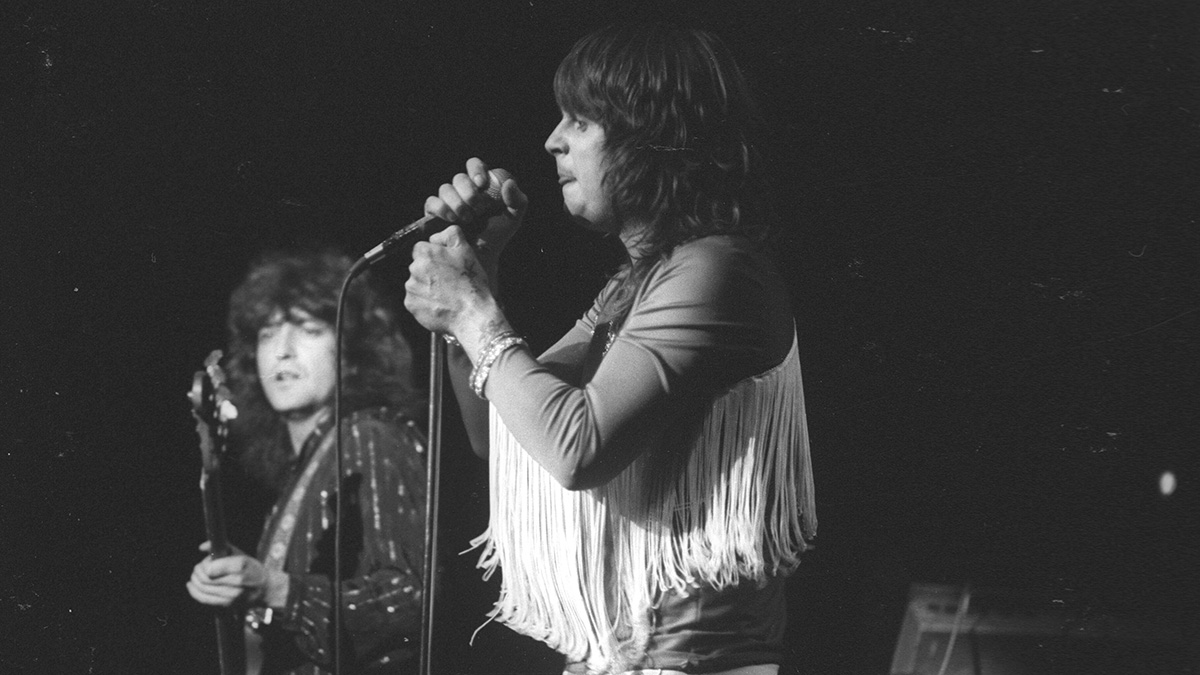
Bob Daisley has enjoyed an illustrious career, holding his own on bass alongside a list of legendary guitarists, including Ritchie Blackmore, Randy Rhoads, and Gary Moore. One of his most notable contributions to rock 'n' roll history, however, is his stint in Ozzy Osbourne's post-Sabbath solo career and his low-end work on Blizzard of Ozz (1980) and Diary of a Madman (1981).
Joining Osbourne was far from a straightforward decision, however. After being fired from Black Sabbath in 1979, the Prince of Darkness’s career and personal life took a downward spiral, reportedly spending three months locked in his hotel room in a drug- and alcohol-fueled haze.
Despite this, music mogul Don Arden signed him to Jet Records and sent his daughter (and Osbourne’s future wife) Sharon to Los Angeles to protect “his investment.”
When Osbourne returned to England in the second half of 1979, Daisley – who had just been unceremoniously replaced in Ritchie Blackmore's band, Rainbow – got introduced to Ozzy.
“Ozzy has just come back from LA and been fired from Black Sabbath. People warned me against working with Ozzy because he didn’t have the best reputation,” Daisley tells Guitar World.
“He’d been getting out of it, being drunk, unprofessional, unreliable, and all the rest of it. But I had a feeling of: ‘I’ve got to do this.’”
So what compelled Daisley to jump aboard the Ozzy’s crazy train, given his less-than-ideal state at the time?
Get The Pick Newsletter
All the latest guitar news, interviews, lessons, reviews, deals and more, direct to your inbox!
“For some reason, I thought, ‘I have to do this.’ When he asked me to go up to his house and play, he said, ‘I’ve got a first-class rail ticket,’ I jumped on a train in London, went up to Stratford, and Ozzy met me at the station. I went to his place and had a guitarist and a drummer there,” he recalls.
“They were okay. They were okay guys and nice enough. But when Ozzy and I had a tea break, we went to the kitchen, and Ozzy said, ‘Well, what do you think?’ I really did like Ozzy, and we got on together, so I said, ‘I’d like to work with you, but I’m not sure about these other two guys.’”
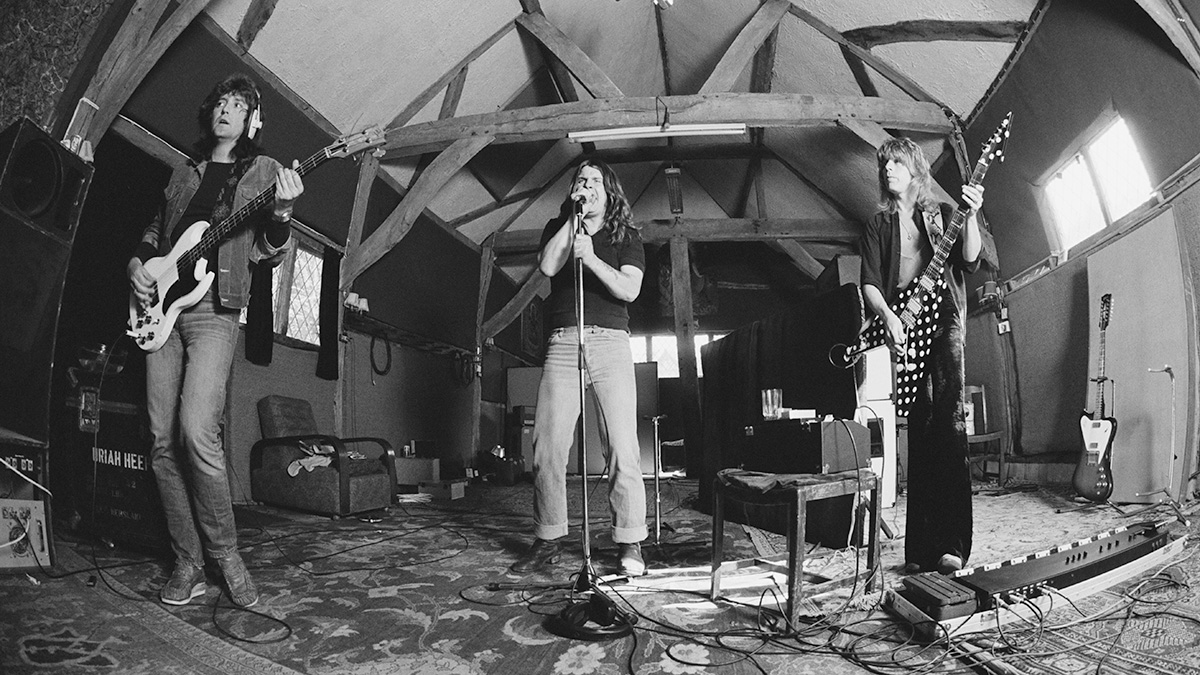
Daisley noted that while the other musicians were “nice enough blokes,” they weren’t “world-class” players, which he felt Osbourne needed. Ozzy took Daisley's advice and fired them on the spot.
“He said, ‘Oh, hang on a minute…’ He went into the rehearsal room, and I heard him say, ‘It’s okay, fellas, you can pack up. It’s not working out. You can go home.’ That was them gone, dismissed.”
In addition to believing in Osbourne from the get-go and recognizing who he needed to work with, Daisley was instrumental in spotting future guitar icon Randy Rhoads’ talent and massive potential.
Guitar World's full interview with Bob Daisley will be published later this month.
Janelle is a staff writer at GuitarWorld.com. After a long stint in classical music, Janelle discovered the joys of playing guitar in dingy venues at the age of 13 and has never looked back. Janelle has written extensively about the intersection of music and technology, and how this is shaping the future of the music industry. She also had the pleasure of interviewing Dream Wife, K.Flay, Yīn Yīn, and Black Honey, among others. When she's not writing, you'll find her creating layers of delicious audio lasagna with her art-rock/psych-punk band ĠENN.
“One of the guys said, ‘Joni, there’s this weird bass player in Florida, you’d probably like him’”: How Joni Mitchell formed an unlikely partnership with Jaco Pastorius
“I said, ‘If I could have it my way it would sound like this,’ and I pulled the bass guitar out of the mix”: Why Prince removed the bassline from When Doves Cry


